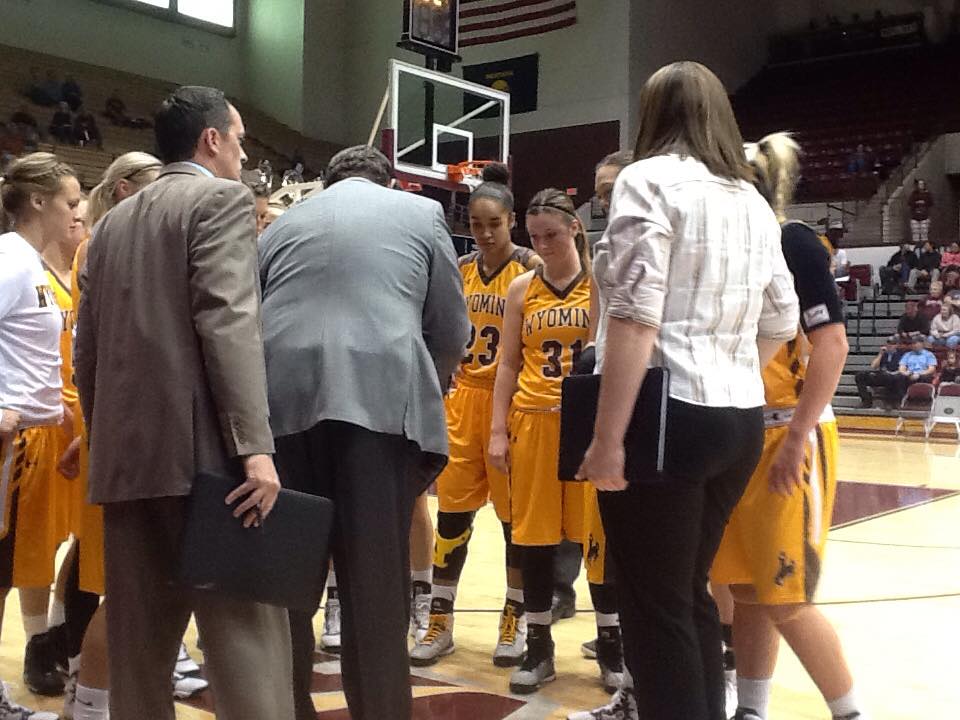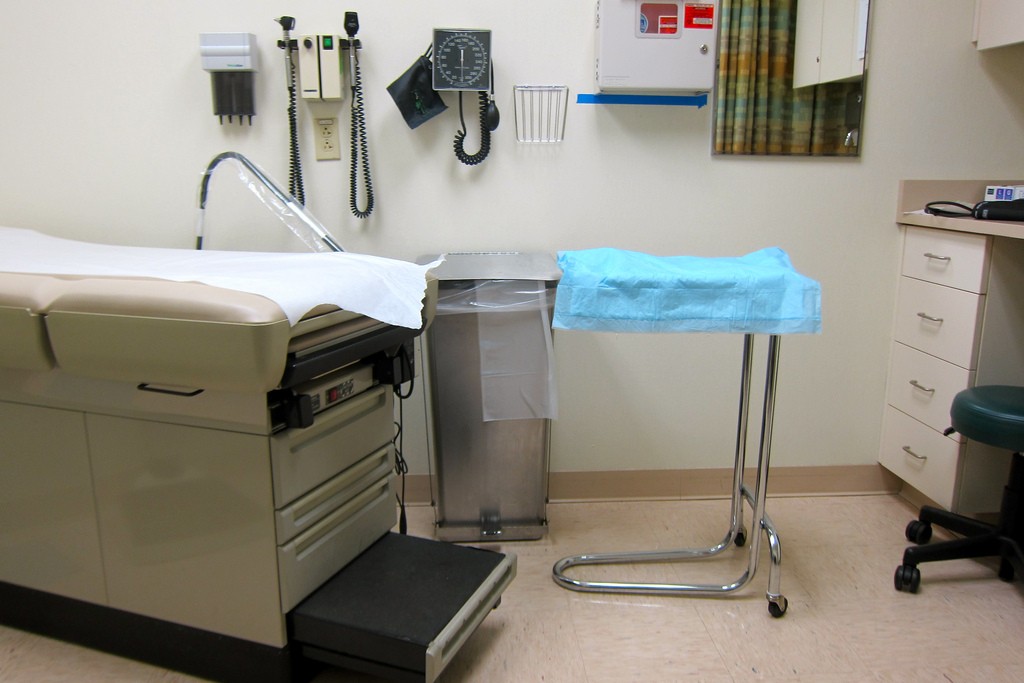
CRMC 12-13-17
Cheyenne Plaza Primary Care, CRMG Family First, Cheyenne Family Medicine and the two Cheyenne Children’s Clinics have each been awarded three-year recognition by the National Committee for Quality Assurance (NCQA) Patient-Centered Medical Home program.
“This recognition means that a medical practice meets the rigorous guidelines set by the NCQA,” said Matt LaHiff, senior practice transformation partner for Cheyenne Regional Medical Center and its affiliated multi-specialty medical group, Cheyenne Regional Medical Group (CRMG).
The NCQA is a private, nonprofit organization dedicated to improving healthcare quality. Its recognition programs are built on evidence-based, nationally recognized clinical standards of care.
The five CRMG primary care clinics were first awarded NCQA Patient-Centered Medical Home recognition in 2014. Clinics can reapply for the recognition every three years.
“This achievement by our health system’s primary care clinics is truly transformative in terms of how care is provided and the kind of follow-up care that is given to patients,” said Phyllis Sherard, chief strategy officer and vice president of Population Health for the Cheyenne Regional health system. “Our health system is extremely proud of this work, which is meant to provide quality care more efficiently and more affordably to our patients. We also want to thank our five primary care clinics and the Wyoming Institute of Population Health for all their hard work in making this transformation happen.” The Institute, a division of the Cheyenne Regional health system since 2011, works with medical practices locally and throughout Wyoming to help them become patient-centered medical homes.
NCQA Patient-Centered Medical Home standards emphasize the use of systematic, patient-centered, coordinated care that supports access, communication and patient involvement.
“The medical home model makes the patient the center of their care team and also requires that there is a strong patient-to-physician or provider relationship,” LaHiff said. “This form of care considers the whole person and not just the symptoms that bring someone into the clinic. The focus is on providing proactive, preventive care as opposed to reactive care.”
The NCQA Patient-Centered Medical Home program receives input from the American College of Physicians, American Academy of Family Physicians, American Academy of Pediatrics and American Osteopathic Association. The program was developed to assess whether clinician practices are functioning as medical homes and to recognize them for these efforts.
“The work that goes into the recognition is very intensive,” LaHiff said. “It can take from three months to a year to gather and submit the required data and documentation. The NCQA also requires that you demonstrate proof that you are following their guidelines and that the clinic is continuously working on quality improvement efforts to help drive quality outcomes.”
As an example, NCQA-recognized medical homes are required to follow through on patient referrals.
“The clinic must show how it helps a patient schedule a referral appointment to a specialty clinic, must demonstrate that the appointment was kept and must then ensure that the patient’s primary care physician obtains the results from the referral,” LaHiff said.
“We are extremely proud of this recognition by the NCQA,” said Kerry Slater, CRMG president. “It took a lot of work and commitment on the part of our care teams at these five primary care clinics to achieve this status back in 2014 and to continue the work to ensure recognition again in 2017.”
“NCQA Patient-Centered Medical Home Recognition raises the bar in defining high-quality care by emphasizing access, health information technology and coordinated care focused on patients,” said NCQA President Margaret E. O’Kane. “Recognition shows that Cheyenne Plaza Primary Care, CRMG Family First, Cheyenne Family Medicine and the two Cheyenne Children’s Clinics have the tools, systems and resources to provide their patients with the right care, at the right time.”
“It has been shown that patient-centered medical homes can improve quality of care, the patient experience and provider and staff satisfaction—and can also lower the costs of the care being provided,” LaHiff said. “This model is the new backbone of primary care.”



